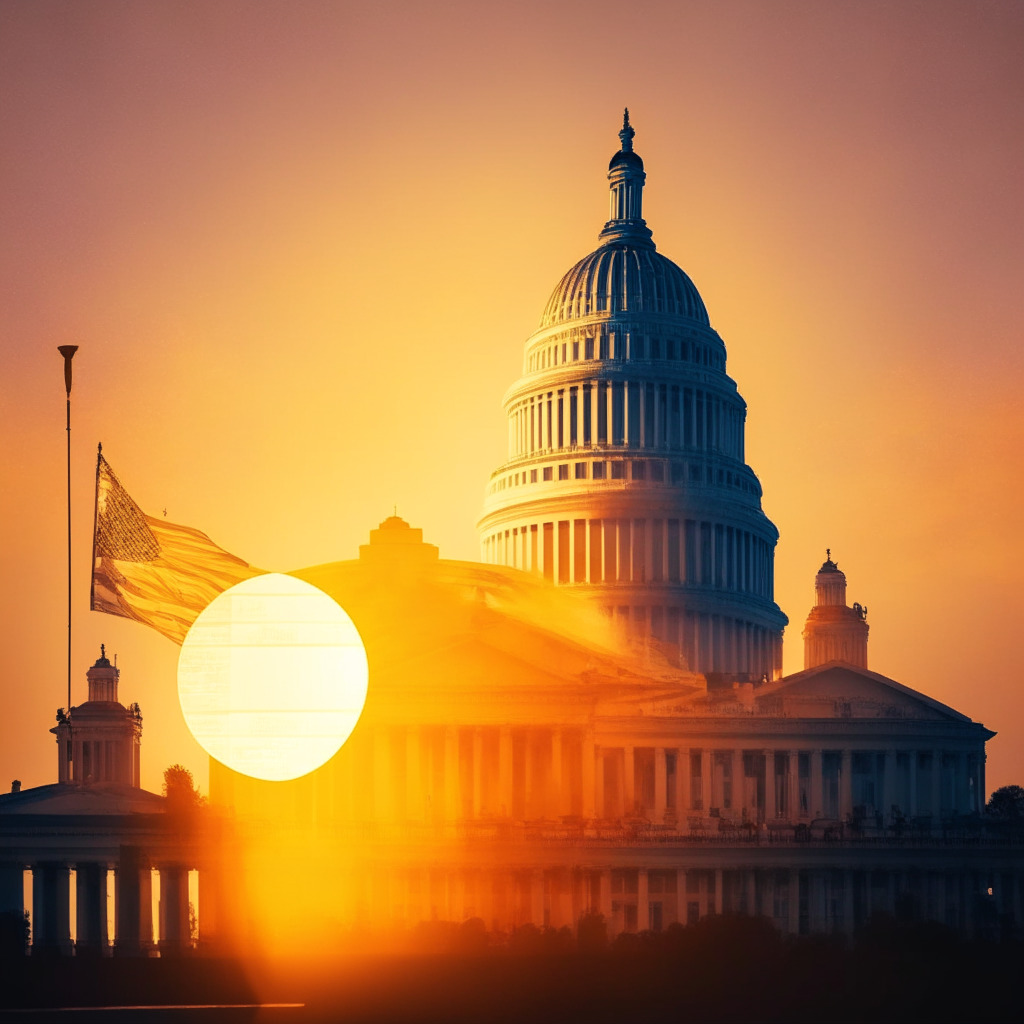Despite recent demands for political entry, it seems that JP Morgan CEO Jamie Dimon will not be running for office anytime soon, as reported by Bloomberg. This revelation is considered a relief by some digital assets industry participants, as it is well-known that Dimon is not a huge fan of the cryptocurrency market and its surrounding ecosystem.
Billionaire investor Bill Ackman had initially suggested that Dimon could be an ideal candidate for the US presidential post. However, having anti-crypto leaders like Dimon in power could have significant implications on the industry. As we approach the 2024 US presidential election, the support for clear cryptocurrency regulation during campaign debates is an ongoing concern.
While the status of Dimon’s political aspirations remains uncertain, a recent statement from a JP Morgan spokesperson indicates that the CEO has no immediate plans to run for office. Joe Evangelisti clarified that Dimon has no political ambitions and reiterated that the CEO is content with his current role. It should be noted that Jamie Dimon has previously called Bitcoin “a modern day fraud,” while also acknowledging the potential of blockchain technology.
As the election year draws closer, further consensus among lawmakers is needed to provide much-needed regulatory clarity around the cryptocurrency ecosystem in the United States. With a growing number of followers interested in this space, guidance from political leaders is becoming more essential than ever.
The digital assets industry is well-aware of the challenges and potential risks involved; this is evident in recent news, such as the integration of ChatGPT, an AI tool designed to enhance risk detection and prevent fraud in the cryptocurrency space. While political leaders like Dimon may not be making a move towards the office, it is essential for the crypto community to continue advocating for the advancements and proper regulation of the industry.
In conclusion, although Jamie Dimon may not be running for office, the cryptocurrency community still faces ongoing challenges in obtaining regulatory clarity from lawmakers. As digital assets become increasingly mainstream, it is essential to maintain a dialogue with political figures and promote fair regulation without stifling innovation. The growing interest in blockchain technology and its potential applications furtherjustify the need for regulatory harmony and a balanced approach to safeguard both industry participants and the technology’s future.
Source: Coingape




